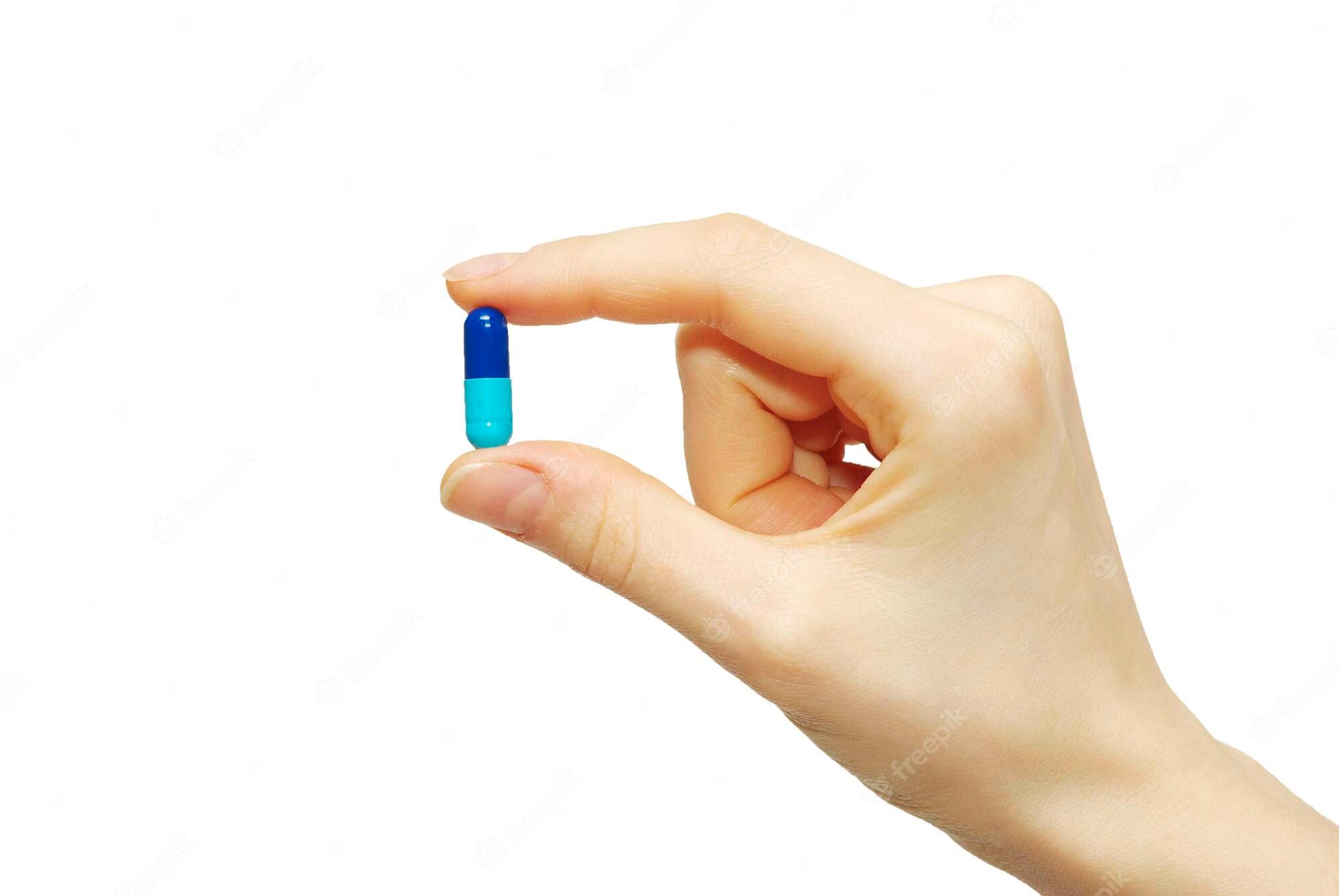Presumably the cryoprotectant needs to be dispersed throughout most/all of his cells. To me, that implies the amount needed isn't small. Thus it would be unlikely to accidentally ingest it in the same way a person doesn't accidentally ingest a gallon of water.
Furthermore, it seems reasonable that a cryoprotectant needs the be dispersed throughout the body quickly, otherwise it might start breaking down or being cleared out of some cells. Generally speaking, other options than the digestive tract would probably be better for very rapid dispersion, such as injections directly into the bloodstream.
So these points make it sound unlikely that ingesting it would work for what you want. At least based on where my intuition and understanding of science leads me.
But on the other hand, we're talking about a fictional substance. Plenty of sci-fi stories just hand-wave around this. (In fact, consider the many cases that don't even mention a cryoprotectant at all. A person just gets in a tube and is cryogenically frozen. That's all the detail they give.)
So there's nothing really stopping you from proposing a super-effective cryoprotectant has been invented that's only needed in a small enough quantity to be a small pill and dispersed through the body rapidly.
If I saw this kind of plot show up in an episode of Star Trek, for instance, I wouldn't be put off by trying to figure out how "realistic" the cryoprotectant was.
Personally though, I would still wonder why someone brought such pills outside of the cyro room and was being careless enough to drop one in some food. But I'm sure there's a way to make that work.

